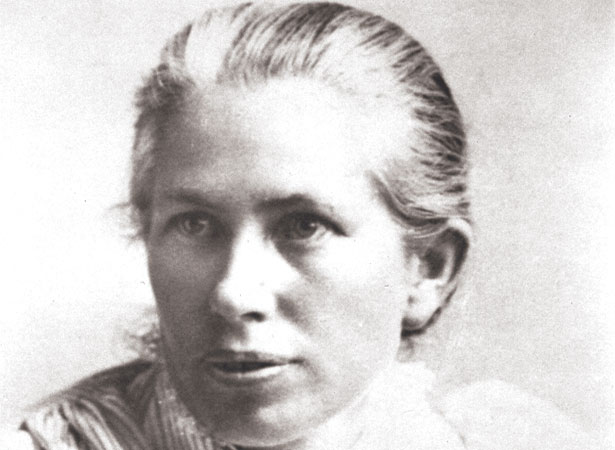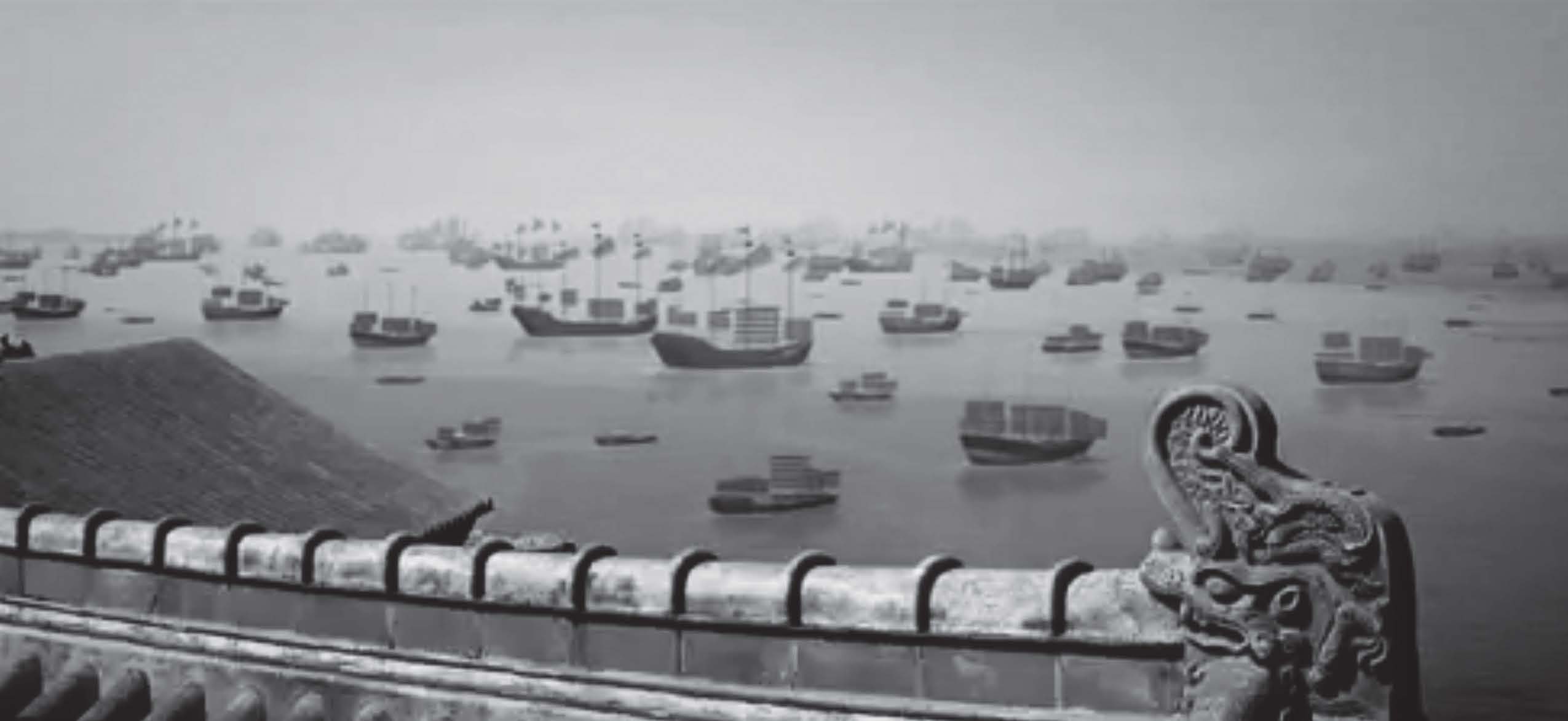Adolf Hitler 1925
Adolf Hitler (German) 20 April 1889 – 30 April 1945) was a German politician and leader of the Nazi Party (Nationalsozialistische Deutsche Arbeiterpartei; NSDAP). He rose to power as the chancellor of Germany in 1933 and then as Führer in 1934.[a] During his dictatorship from 1933 to 1945, he initiated World War II in Europe by invading Poland on 1 September 1939. He was closely

involved in military operations throughout the war and was central to the perpetration of the Holocaust.
Hitler was born in Austria—then part of Austria-Hungary—and was raised near Linz. He moved to Germany in 1913 and was decorated during his service in the German Army in World War I. In 1919, he joined the German Workers' Party (DAP), the precursor of the NSDAP, and was appointed leader of the NSDAP in 1921. In 1923, he attempted to seize power in a failed coup in Munich and was imprisoned. In jail, he dictated the first volume of his autobiography and political manifesto Mein Kampf ("My Struggle"). After his release in 1924, Hitler gained popular support by attacking the Treaty of Versailles and promoting Pan-Germanism, anti-semitism and anti-communism with charismatic oratory and Nazi propaganda. He frequently denounced international capitalism and communism as part of a Jewish conspiracy.











